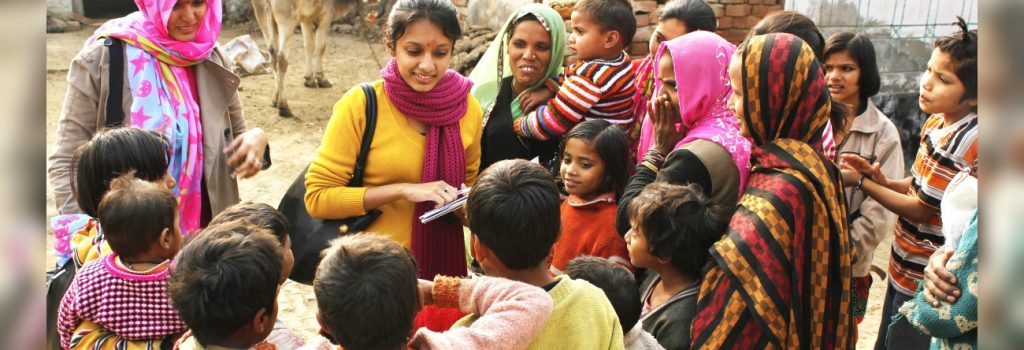When living in developing countries, many expats understandably wish to ‘give something back’. But if you are planning to volunteer, make sure you perform due diligence on organisations before diving in.
Tread carefully
If we wish to volunteer, we should tread carefully. Living in a developing country, you may look around and see disadvantaged communities and believe every little bit will help. But in some cases short-term international volunteering can do more harm than good. Determined, and well-meaning, volunteers can also overestimate the positive impact they are making, sharing their story on social media and earning great praise from friends and family, without being aware of any negative consequences to their actions.
Undermining local initiatives
But according to the Ugandan-born writer Teddy Ruge, ill-considered charitable ventures can undermine locals’ initiatives. “Just because you’re doing something for the poor doesn’t mean you’re doing it right,” says Ruge. In full agreement, public health expert Noelle Sullivan witnessed how unqualified volunteers in Tanzania had actively displaced local health professionals. She also noted how in Cambodia orphanages grew to meet ‘demand’ from foreigners. Children that are not actually orphans are rounded up to attract ‘voluntourists’ and donations. In some cases, direct donations may even keep those children away from a loving family.
Be as informed as possible
In a damning critique of ‘voluntourism’ (a billion-dollar industry in this day and age), and what he calls the “white saviour industrial complex”, the novelist Teju Cole argued that powerful people simplify complex problems in other countries to construct a space for themselves to feel good about making a difference. As foreigners, we must appreciate there are complicated histories behind every situation. Of course, many disadvantaged communities do need assistance, and there are always going to be good organisations working ethically, and doing the right things. To separate the wheat from the chaff, due diligence must always be taken, and before rolling up our sleeves, we should do our ‘homework’ so we are well-informed.
Support local initiatives
Medical anthropologist Noelle Sullivan also advises talking to locals to learn how they are building up their own communities, and then “humbly ask if you can assist. Don’t help in ways they don’t ask for. Often the best help isn’t what your own two hands can do for them. Rather, it’s how you can amplify local efforts and voices in the long term.”





